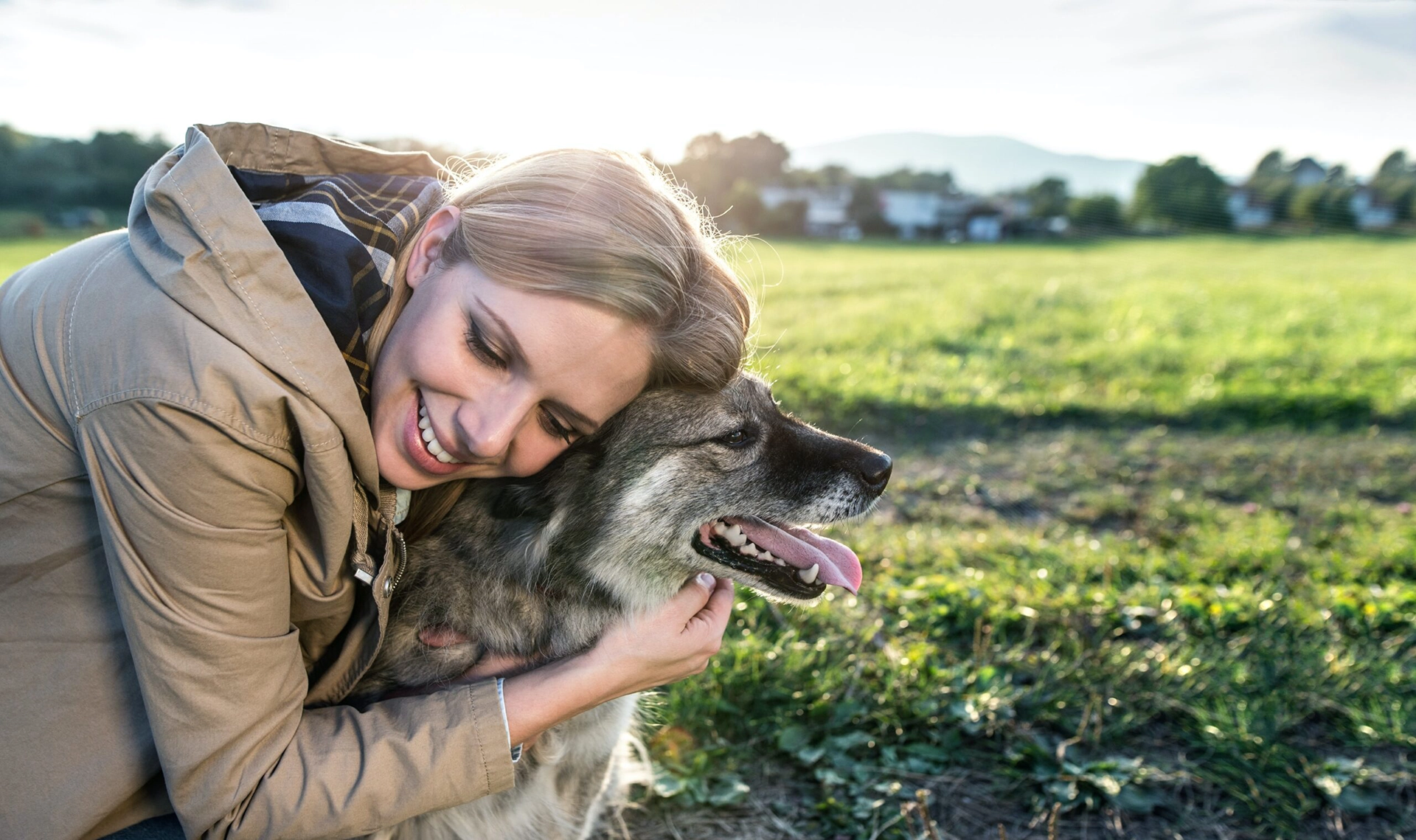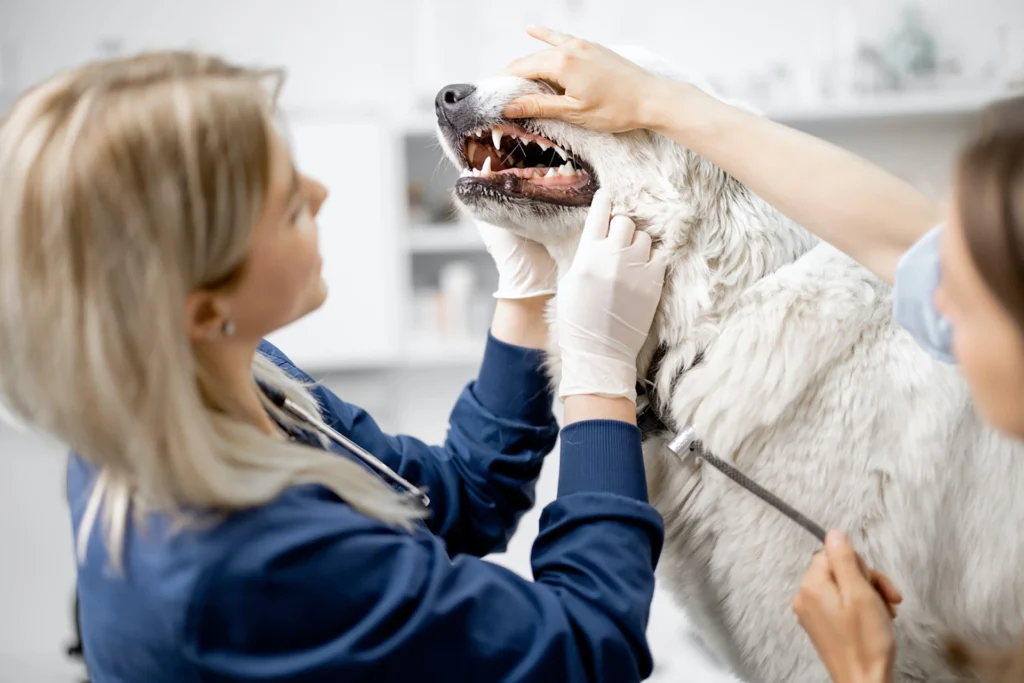
Vet Recommended Dental Care for Dogs and Cats
Updated: August 25, 2023
The truth is that it is easy to forget about our pet’s teeth as pet owners. That’s why you will find these tips – our Revel-Vet-recommended dental care for dogs and cats – both simple and practical!
What Are Some of the Best Dental Practices for Dogs and Cats?
Dental care for pets is an important aspect of overall health, and it is important to establish a regular dental care routine for dogs and cats. We recommend all products be VOHC approved, which are available on our online pet pharmacy.
Here are some of our Revel-approved dental tips:
- Brush your pet’s teeth regularly. Brushing your pet’s teeth with a toothbrush and toothpaste specifically designed for pets is the best way to remove plaque and tartar. It is recommended to brush your pet’s teeth at least 2-3 times a week.
- Provide dental chews and toys. Dental chews and toys can help keep your pet’s teeth clean and healthy by promoting chewing, which helps remove plaque and tartar.
- Feed a dental-specific diet. Some pet food companies make diets that are formulated to support dental health, such as kibble that is designed to scrub the teeth as the pet chews. Ask us during your appointment if this makes sense for your pet.
- Use oral rinses and gels. Oral rinses and gels can help freshen your pet’s breath and reduce plaque and tartar build-up.
- Schedule regular dental check-ups. Regular dental check-ups with your veterinarian are important to ensure that your pet’s teeth and gums are healthy, and to detect and address any issues early on.
It is worth noting that dental care for cats and dogs should start early in life, and regular dental hygiene should be incorporated as a routine in the pet’s life. If your pet has dental issues, it’s important to schedule an appointment with your veterinarian as soon as possible, since dental problems in pets can lead to more serious health issues if left untreated.
How Often Should Dogs and Cats Receive Dental Care By a Vet?
It is recommended that dogs and cats receive regular dental check-ups by a veterinarian, in addition to at-home dental care. The frequency of these check-ups will depend on your pet’s individual needs and the health of their teeth and gums.
For most healthy pets, it’s recommended that they receive a dental check-up at least once a year. However, pets with existing dental issues or those that are at a higher risk of developing dental problems may need to see a veterinarian more frequently.
If your pet is showing signs of dental problems such as bad breath, difficulty eating, discolored or loose teeth or bleeding gums, it is important to schedule an appointment with a veterinarian as soon as possible.
It’s important to remember that dental problems in pets can lead to more serious health issues if left untreated, so it’s essential to incorporate regular dental care into your pet’s overall health routine. Your veterinarian will be able to recommend the appropriate schedule of dental check-ups and treatments based on your pet’s individual needs.
What Happens at a Pet Dental Appointment?
During a pet dental appointment, a veterinarian will typically perform a thorough examination of your pet’s teeth and gums. The vet will assess the overall health of your pet’s mouth and check for any signs of dental issues such as plaque, tartar, gum disease, tooth decay, or oral tumors.
The vet may also take dental x-rays to help identify issues that may not be visible during a visual examination, such as abscesses or tooth root infections.
The vet will likely clean your pet’s teeth, which typically includes scaling (removing plaque and tartar) and polishing (making the tooth surfaces smooth). This cleaning process is usually done under general anesthesia, as it’s important that the pet is completely relaxed and still during the procedure.
If any dental problems are identified, the vet will discuss treatment options with you and create a plan that’s appropriate for your pet’s individual needs. This may include extractions, fillings, or other types of dental surgery.
Remember, dental care for pets is not a one-time event, it is a continuous process that requires regular check-ups and at-home care to maintain good dental health.

What Do I Need for At-Home Dental Care for Pets?
To take care of your pet’s dental health at home in between vet visits, you will need the following items:
- Toothbrush and toothpaste: It’s important to use a toothbrush and toothpaste specifically designed for pets, as human toothpaste can be harmful to pets. Pet toothpaste is usually flavored to make it more palatable for pets.
- Dental chews and toys: Dental chews and toys can help keep your pet’s teeth clean and healthy by promoting chewing, which helps remove plaque and tartar.
- Oral rinses and gels: These can help freshen your pet’s breath and reduce plaque and tartar build-up.
Depending on your pet’s dental status, you can also discuss a dental-specific diet and scaler, or dental explorer at home. Both of these tools can help remove plaque and tartar, depending on your pet’s needs.
Regular dental check-ups with your veterinarian are also an important aspect of maintaining your pet’s dental health. Your veterinarian will be able to provide a professional cleaning and recommend the appropriate schedule of dental check-ups and treatments based on your pet’s individual needs.
Is Dental Care for Cats Different Than For Dogs?
Dental care for cats and dogs is generally similar, but there are some differences to keep in mind:
- Cats have smaller mouths and teeth than dogs, which can make it more challenging to clean their teeth thoroughly.
- Cats are less likely to tolerate having their teeth brushed than dogs. Many cats may not enjoy having their teeth brushed, so it’s important to start brushing their teeth at an early age and use positive reinforcement.
- Cats have a unique dental structure called carnassial teeth, which are located on the upper jaw, behind the canines. These teeth are particularly prone to tartar build-up and dental disease, so it’s important to keep an eye on these teeth during dental check-ups.
- Cats are obligate carnivores, which means that their diet should consist mostly of protein, this diet can help to maintain good dental health in cats.
- Cats are more prone to dental issues such as stomatitis, a painful inflammation of the gums and mouth, which is often caused by a buildup of plaque and tartar.
Overall, dental care for cats and dogs is similar, but it’s important to keep in mind that cats may have unique dental needs and may require extra attention. It’s important to consult with your veterinarian to determine the appropriate dental care routine for your cat, and to schedule regular check-ups to ensure that your cat’s teeth and gums are healthy.
Are There Any Special Considerations for Dog Dental Care?
When it comes to dental health for dogs, there are a few special considerations to keep in mind:
- Some breeds of dogs, such as bulldogs, pugs, and boxers, have a higher risk of dental issues such as overcrowded or misaligned teeth, which can lead to plaque and tartar build-up.
- Larger breeds of dogs, such as Great Danes and Saint Bernards, have larger mouths and teeth than smaller breeds, which can make it easier to clean their teeth thoroughly.
- Some dogs may not tolerate having their teeth brushed, so it’s important to start brushing their teeth at an early age and use positive reinforcement.
- Some dogs may have a genetic predisposition to dental issues, such as periodontal disease, so it’s important to be aware of any family history of dental issues.
- Some dogs may have underlying medical conditions that can affect their dental health, such as diabetes or Cushing’s disease. It is important to consult with your veterinarian to determine if there are any underlying medical conditions that may affect your dog’s dental health.
Let Revel Vet Help You Establish a Dental Care Routine
Overall, it is important to work with a veterinarian who can help you make a plan for your pet’s dental health. Our team at Revel Vet at Queen Creek is passionate about working with you to develop an integrative care plan based on your pet’s lifestyle, age and specific needs! This means there are less surprises when you come to the vet and more customization for you and your pet.
Be sure to book your pet’s dental appointment with us today by calling 480-701-8609 or click here.